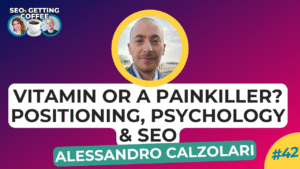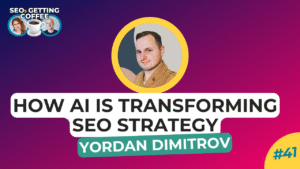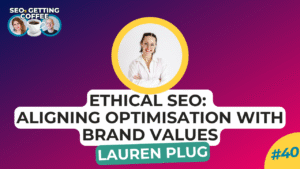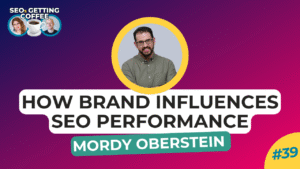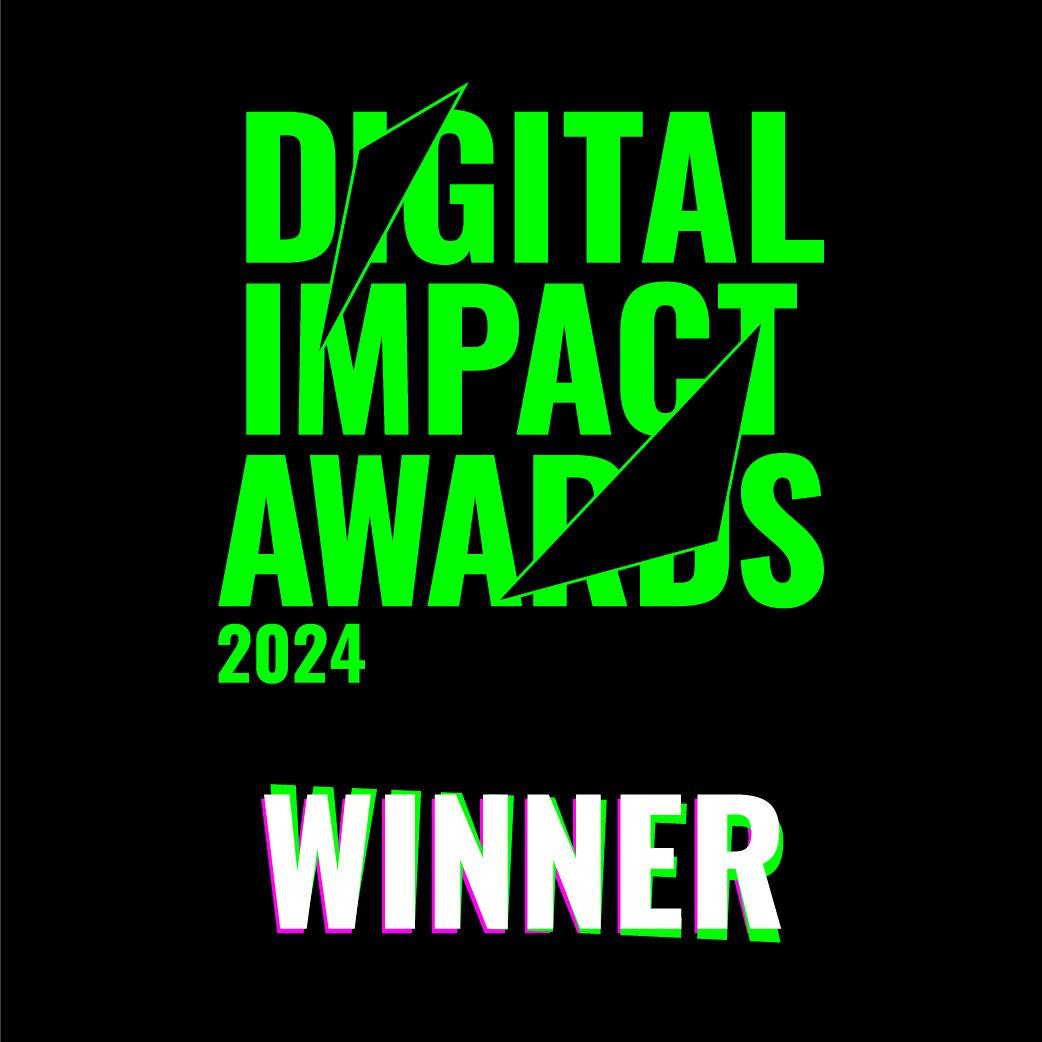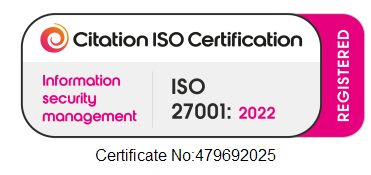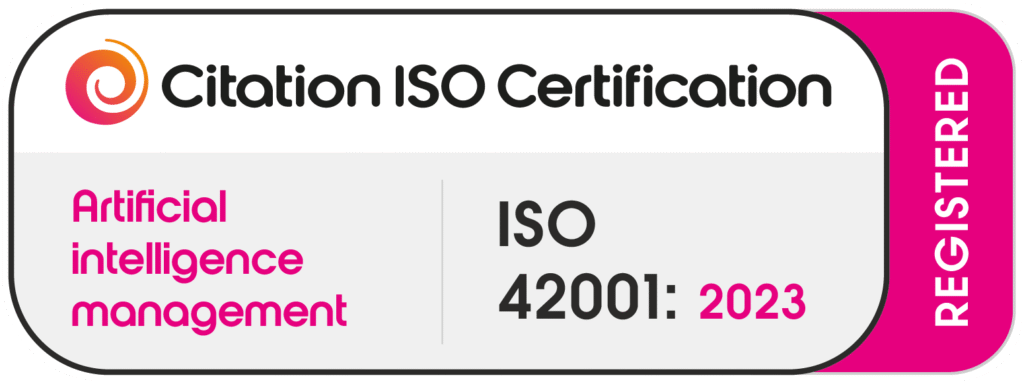Welcome to another episode of SEOs Getting Coffee! This time, Sean and Emina had the pleasure of sitting down with Sarah Pokorná, a seasoned SEO professional with over 12 years of experience and a degree in psychology. She’s on a mission to merge the worlds of SEO and psychology.
Join us in this caffeine-fueled conversation where we dig into what psychology can teach us about SEO, marketing, and the way people behave online.
Watch Video
The Crucial Role of Psychology in SEO | SEOs Getting Coffee Ep.34
Is SEO Too Obsessed with Google?
One of the first points Sarah made was that SEO professionals are often too focused on ranking factors and pleasing Google rather than considering the human side of things.
“SEO is a marketing channel. Marketing is about getting people to take action, so why wouldn’t psychology be relevant?” – Sarah Pokorná
We’ve been told over and over to “write for users,” yet many SEOs still prioritise search engines over actual human engagement.
What Traditional Marketing Can Teach SEOs
Sean made an interesting observation: digital marketers often forget the wealth of advertising and marketing research that existed long before Google. The classic Mad Men-era marketers didn’t have keyword research tools or search volume data—they had to rely on traditional theories, persuasion, psychology, and good copywriting.
Sarah agreed and recommended looking back at figures like David Ogilvy (Confessions of an Advertising Man) to understand how marketing used to work before algorithms took over.
Cognitive Biases: The Silent Influencers of Search Behaviour
One of Sarah’s favorite topics—and one she presented at BrightonSEO—is bias. Cognitive biases shape the way people search, click, and interact with content online.
“People don’t search rationally. They don’t sit there thinking, ‘I will now type the most logical keyword into Google.’ They’re rage-typing, looking for confirmation of what they already believe.” – Sarah Pokorná
Some key biases that impact SEO:
- Confirmation Bias: People look for information that supports their existing beliefs, even if it’s wrong.
- Status Quo Bias: Users prefer familiarity and don’t like change, which is why they gravitate toward well-known brands.
- Trust Bias: In different cultures, trust signals vary—what works in the UK may not work in Germany or Japan.
Pseudo-Psychology in Marketing: A Rant Worth Listening To
Next, Emina brought up a point very close to Sarah’s heart—pseudo-psychology in marketing. You know the type: LinkedIn posts claiming “blue CTA buttons convert better because blue is a calming colour” or “emotional intelligence tests are the best way to hire employees.”
She called out the misuse of concepts like color psychology, personality testing, and emotional intelligence assessments—many of which have been debunked in scientific studies. Her advice? If you want real psychology insights, read actual research papers, not just self-published business books.
Why the Standard ‘Search Intent’ Model is Flawed
Another hot take: Sarah isn’t a fan of how search intent is categorised in SEO.
You’ve probably seen the standard four categories:
- Informational – Looking for general knowledge
- Navigational – Searching for a specific site
- Transactional – Ready to buy
- Commercial – Comparing products before purchasing
Sarah thinks these categories are too simplistic.
“Search intent isn’t just four categories. People search in contexts—there’s a huge difference between someone casually researching a product and someone furiously typing ‘best SEO tool 2024’ because they need a solution right now.”
Sean also shared a great example—when he searched for “tracking implementation,” Google wasn’t unable to understand if he meant conversion tracking, package tracking, or vehicle tracking. The lack of nuance in search intent categorisation can lead to SEO strategies that miss the mark.
The Role of Psychology in SEO’s Future
With SEO moving toward brand-building and user experience, Sarah predicts that psychology will become more important than ever.
Emina pointed out that the SEO industry is in flux right now. With Google’s constant updates and the rise of AI-generated content, SEOs need to evolve. Understanding human behaviour will be a huge advantage for those who want to stand out.
Sarah agrees, adding that SEOs should develop more traditional marketing skills—not just technical SEO knowledge.
Sarah’s Advice for SEOs Who Want to Leverage Psychology
The conversation drew to an end with Sarah sharing her top tips for any SEOs wanting to use psychology more in their strategies:
✅ Read advertising classics – Books like Confessions of an Advertising Man by David Ogilvy are goldmines of marketing wisdom.
✅ Use Google Scholar – If you’re curious about a psychological concept, look up actual research papers instead of relying on social media “experts.”
✅ Think critically – Don’t just follow SEO trends blindly. Question the data, test strategies yourself, and focus on what actually works for your audience.
✅ Understand cultural differences – If you work in international SEO, don’t assume one-size-fits-all strategies will work everywhere. Different cultures respond to marketing differently.
Room 404: What SEO Trend Should Be Banished Forever?
At the end of every episode, we ask our guests to send something into Room 404—never to be seen again.
Sarah didn’t hesitate:
🚫 Pseudo-psychology in marketing. Stop learning psychology from influencers and self-help books.
A solid choice, if you ask us.
Final Thoughts: SEO is About People, Not Just Algorithms
At the end of the day, SEO isn’t just about ranking—it’s about people. If we start thinking more about psychology, user behaviour, and marketing fundamentals, we can build strategies that go beyond just “pleasing Google” and drive real engagement and conversions.
So next time you’re optimising content, ask yourself:
- Are you writing for humans, or just for search engines?
- Are you using best practices because they work, or just because everyone else is doing them?
- Are you relying on SEO tools to think for you, or are you using your own knowledge and experience?
That’s where psychology makes all the difference.
For more insights and in-depth conversations on the latest in SEO and digital marketing strategies, stay stuned for upcoming episodes of “SEOs Getting Coffee.” Subscribe to our channel for regular updates and expert opinions.


